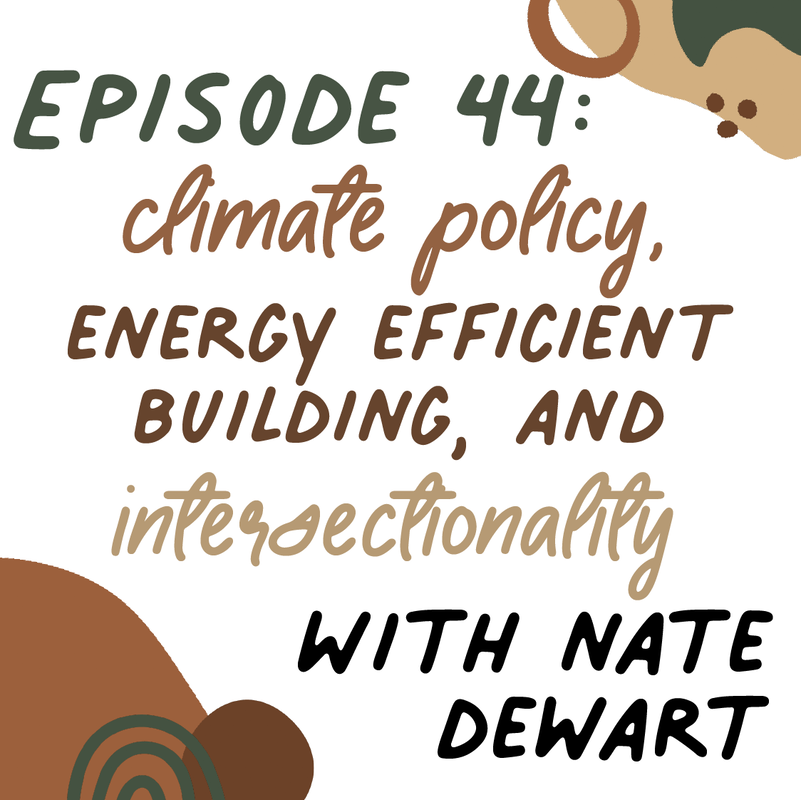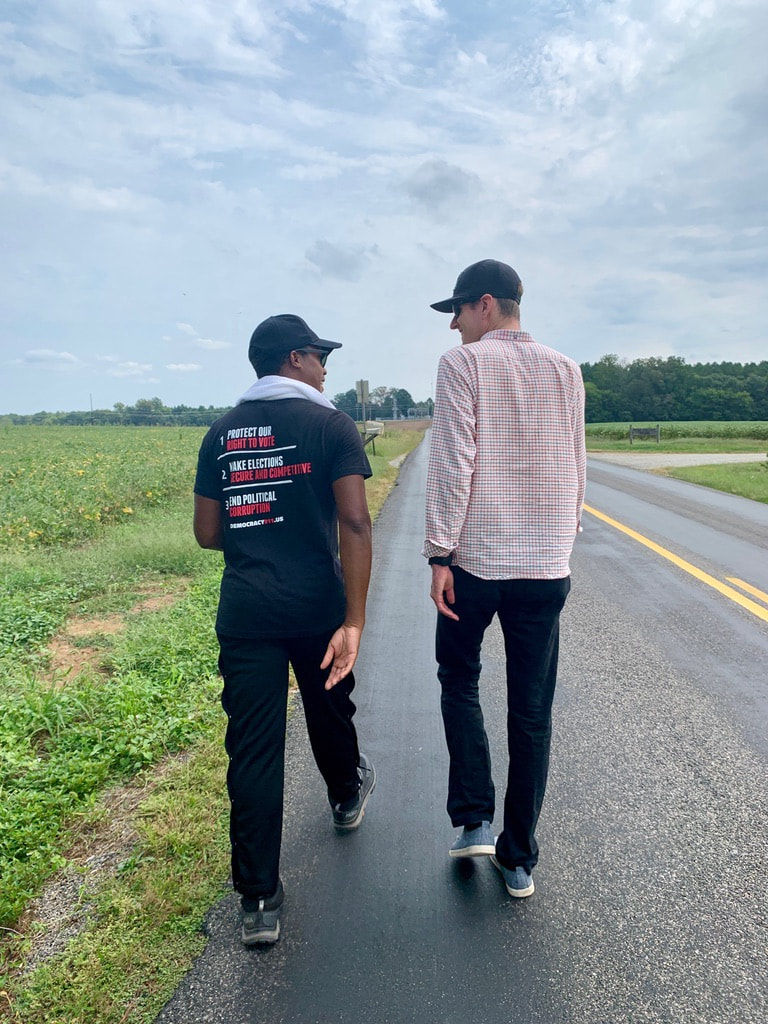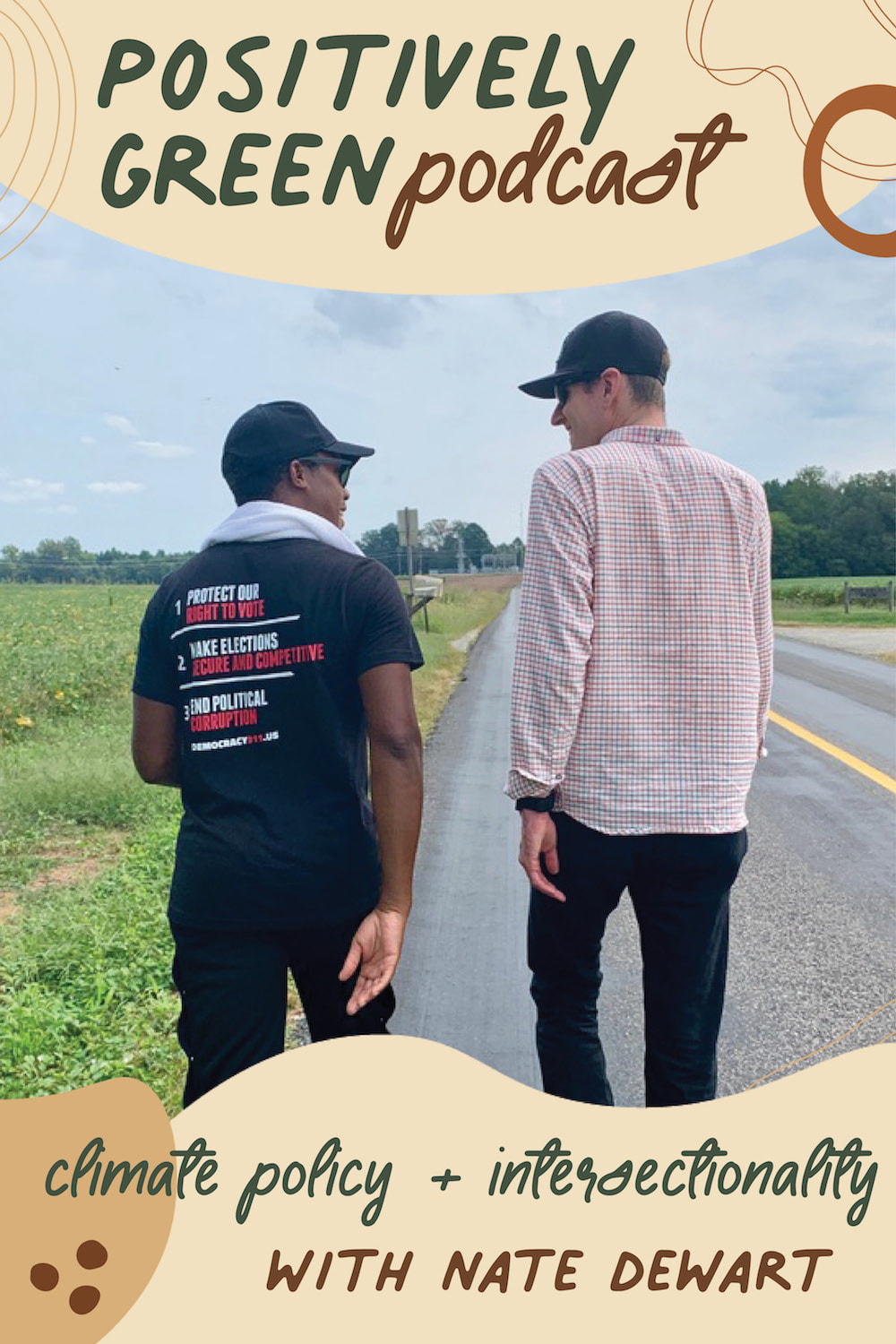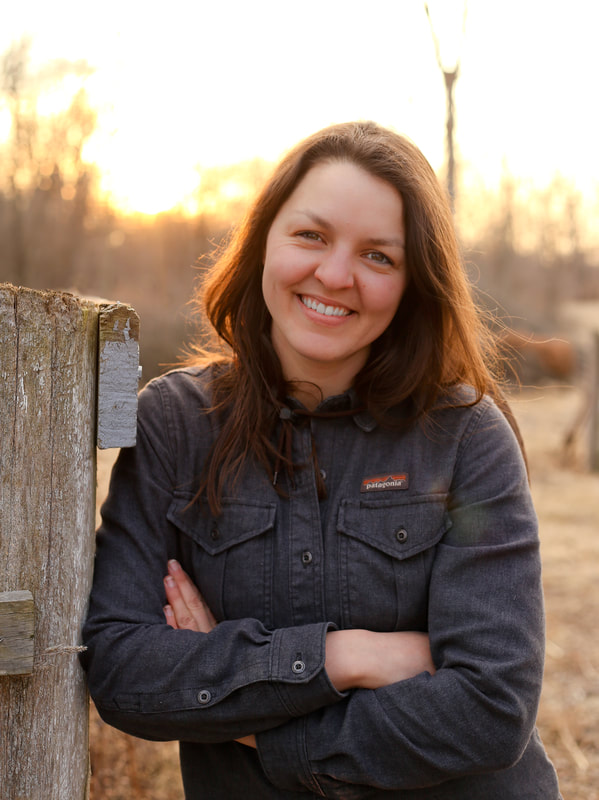|
In our latest episode of the Positively Green Podcast, we have on Nate Dewart. Nate Dewart, is a Senior Project Manager at an energy consulting firm in the San Francisco Bay Area and launched a non-profit called Songs for Good to amplify civic engagement through music. We chat about energy efficient building standards, how we can create policy that helps BIPOC instead of hurts them, and why climate action is possible.
Nate Dewart was raised on the east coast, matured in the midwest, and is now seasoning in the west. He has been creating music since he was 5, thinking about the puzzle of human stewardship for our planet since he was 10, and for the past decade has been advancing energy, climate, democracy and equity policy so we can keep living here on Earth together.
Nate has a Master’s in Public Policy from the University of California Berkeley, is a Senior Project Manager at an energy consulting firm, and in 2020 launched a non-profit Songs for Good to amplify civic engagement through music. He thrives on experiencing natural and human-made design, and converting wasted energy into kinetic.
A perfect day to him includes being outside, three delicious meals, laughing and improvisational song. He usually lives in Oakland, California although has the great fortune of living temporarily in Sonoma County overlooking an apple orchard with his wife and 5 month old son, Bo.
He believes in using cultural humility, a term coined by Melanie Dr. Tervalon, as a way of connecting with BIPOC. (As a reminder, Cultural Humility, for those who may not have heard this term before, is one way of listening and learning, making space for the speaker to be heard, truly heard, and tell us what is culturally relevant to them, what their needs, life conditions or most important issues are. Then using that input to inform any actions going forward.) In this episode we discuss:
Resources mentioned
0 Comments
Leave a Reply. |
Meet Kelsey,Thanks for stopping by Green Willow Homestead! From chicken rearing to composting, we've got our hands full and we love sharing what we've learned along the way. Follow along as we turn the 80 acres we call home into a farm that serves its community and a homestead that nourishes us throughout the seasons. Grab the EbookListen in!FREE Guide!Tune in to our YouTube ChannelInspirationsCategories
All
Favorite Books of 20241. Erosion
2. Braiding Sweetgrass 3. As Long As Grass Grows 4. The Small Scale Poultry Flock 5. The Zero Waste Solution Archives
April 2024
|
FOLLOW KELSEY ON INSTAGRAM!
As an Amazon Associate I earn from qualifying purchases. |











